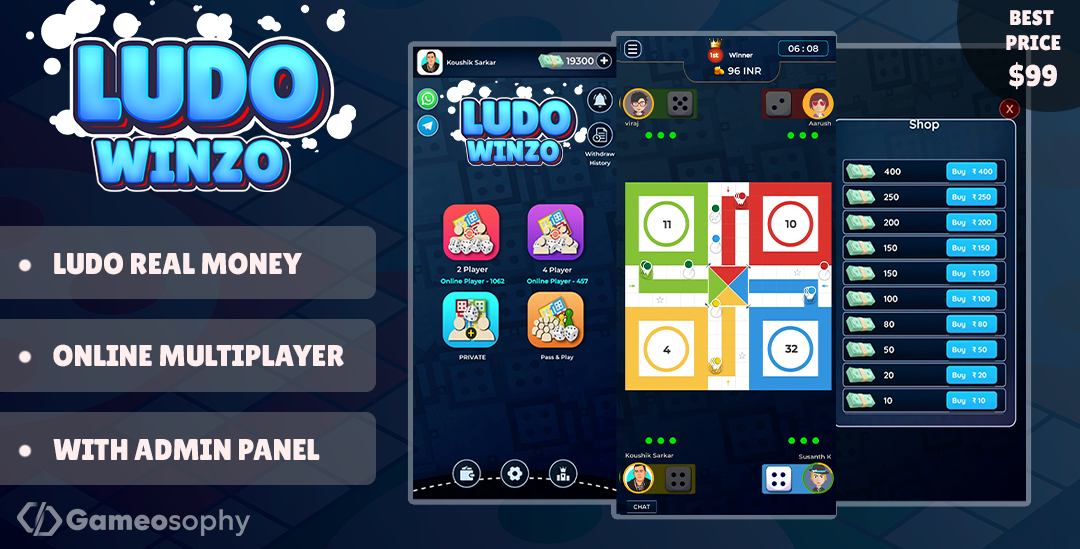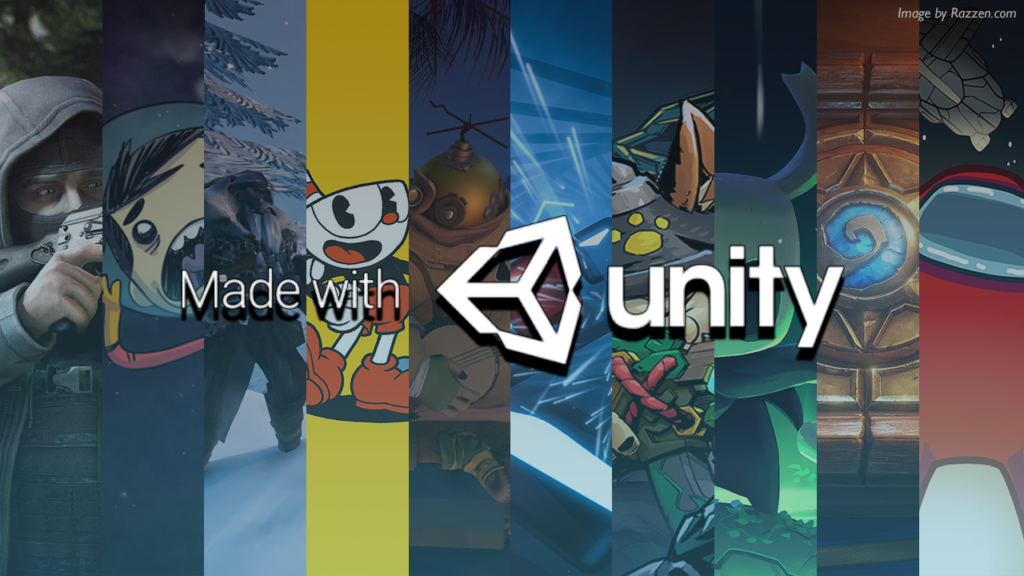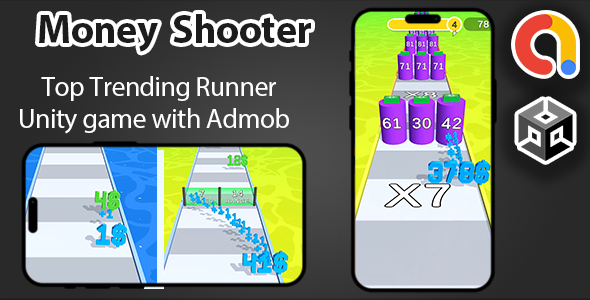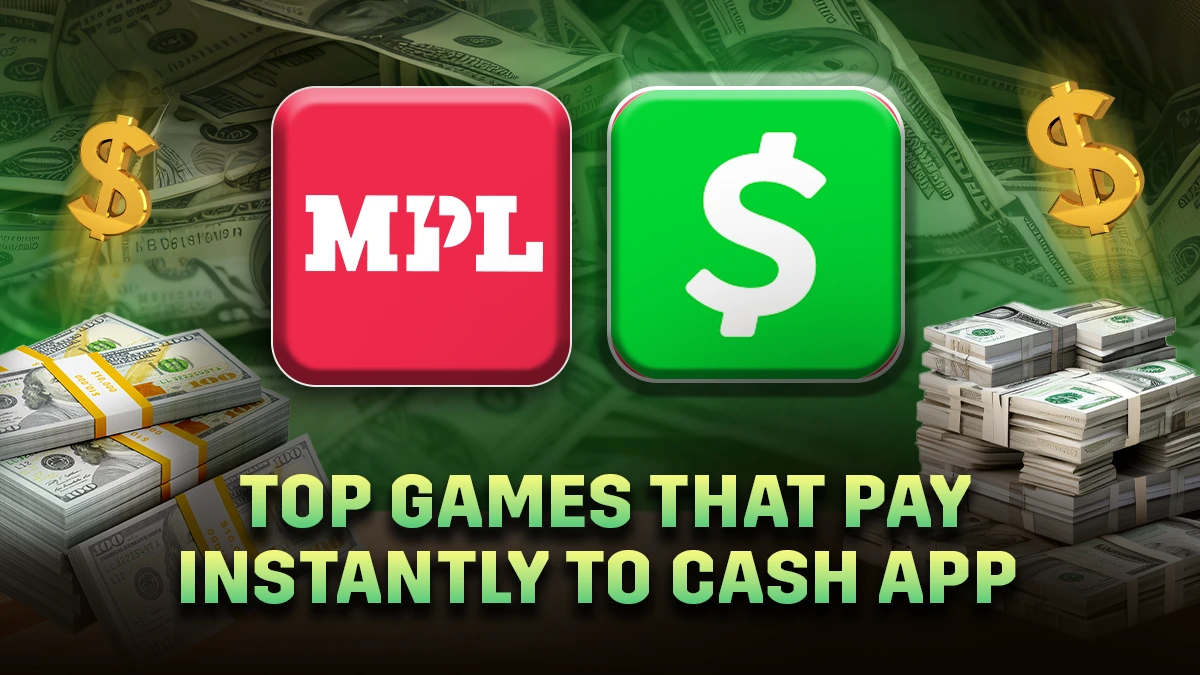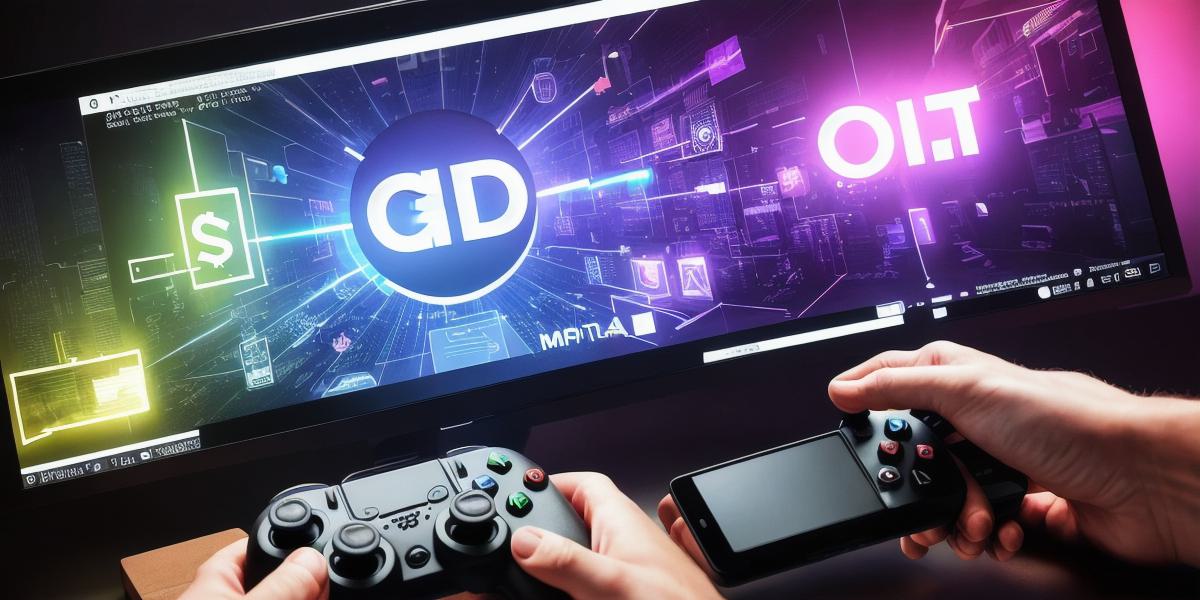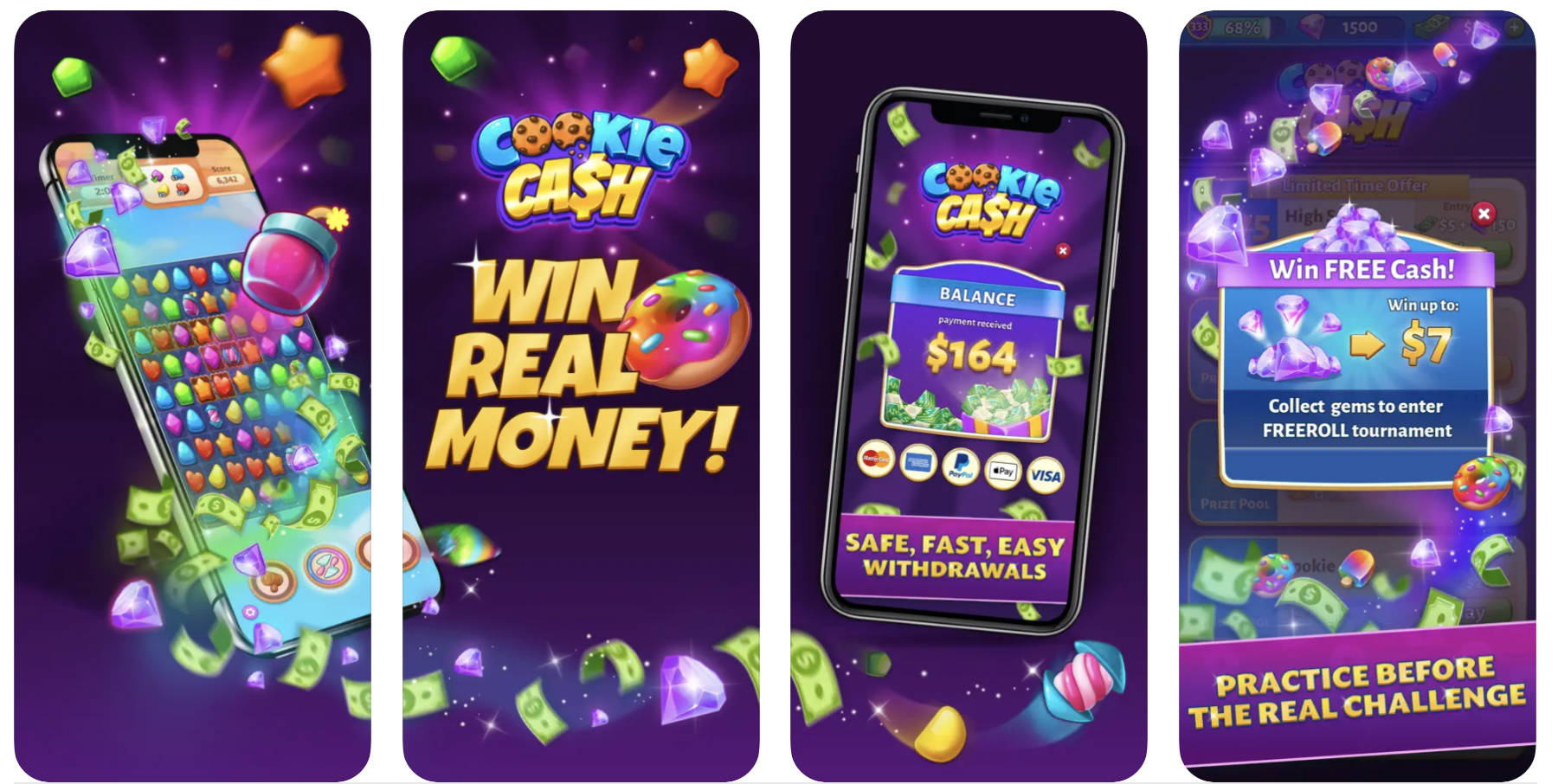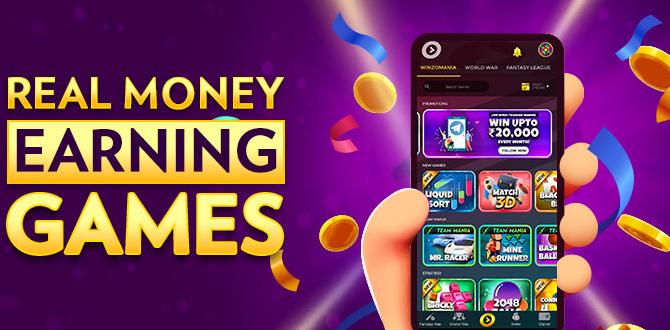Unity Games That Pay Real Money
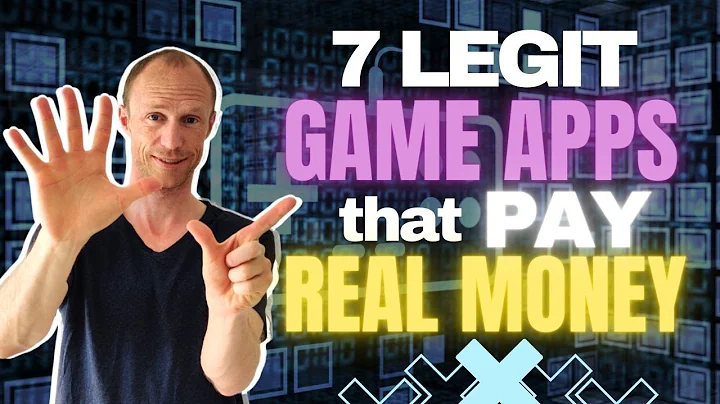
The allure of earning real money while playing video games has always been a potent fantasy. Now, fueled by the rise of blockchain technology and new economic models, that fantasy is inching closer to reality, particularly within games developed using the popular Unity engine.
However, this burgeoning landscape, often touted as "play-to-earn" (P2E), is fraught with complexities and controversies. Are these games legitimate avenues for income, or are they unsustainable schemes preying on vulnerable players?
The Rise of Unity-Based P2E Games
The Unity engine, known for its accessibility and versatility, has become a favored platform for developers creating P2E games. Its ease of use and extensive asset library make it attractive for both indie developers and larger studios venturing into this new frontier.
The central promise of P2E is that players can earn real-world value through in-game activities. This can range from earning cryptocurrency tokens, acquiring and trading NFTs (Non-Fungible Tokens) representing unique in-game items, or participating in gameplay that rewards players with tangible assets.
How P2E Works
Most P2E games operate on a blockchain network, allowing for secure and transparent transactions of in-game assets. Players typically earn rewards based on their participation and skill within the game. These rewards are often in the form of the game's native cryptocurrency.
This cryptocurrency can then be exchanged on various cryptocurrency exchanges for other digital currencies like Bitcoin or Ethereum, and ultimately converted to fiat currency like US dollars. Some games also allow players to earn by selling NFTs representing unique characters, weapons, or land plots.
Games built with Unity often integrate blockchain technology through various plugins and software development kits (SDKs). This enables seamless interaction between the game and the underlying blockchain network, facilitating the issuance, tracking, and trading of in-game assets.
Examples of Unity P2E Games
Several Unity-based games have garnered attention in the P2E space. While success and long-term viability vary, they offer a glimpse into the diverse approaches being taken.
Axie Infinity, though not exclusively a Unity game, utilizes Unity assets and served as a significant catalyst for the P2E movement. Players breed, battle, and trade digital pets called Axies, which are represented as NFTs.
The Sandbox, another popular example, is a virtual world where players can create, own, and monetize their gaming experiences using NFTs and its native SAND token. It allows users to design and build their own Unity-powered games and experiences within the larger metaverse.
Decentraland operates similarly, offering a decentralized virtual reality platform powered by the Ethereum blockchain. Users can purchase virtual land plots, build structures, and create interactive experiences, with Unity playing a role in content creation.
The Controversy Surrounding P2E
Despite the potential allure, the P2E model faces significant criticism. A primary concern revolves around the sustainability of the economic model.
Critics argue that many P2E games rely on a constant influx of new players to sustain the value of their in-game assets and cryptocurrencies. Without continuous growth, the value of these assets can plummet, leaving early adopters with significant losses. This structure resembles a Ponzi scheme in some cases.
Another concern is the accessibility and fairness of these games. The initial investment required to participate in many P2E games can be prohibitive for many players. High NFT prices or the need to purchase specific characters can create a barrier to entry, favoring wealthier players.
The gaming experience itself is also often compromised in P2E games. The focus on earning can overshadow the fun and entertainment value of the game. Players may be incentivized to grind for rewards rather than engage with the game in a meaningful way.
Official Stance and Regulatory Landscape
Unity itself maintains a relatively neutral stance on P2E games. While the engine provides the tools for developers to create these games, Unity does not endorse or regulate the underlying economic models.
The regulatory landscape surrounding P2E games and cryptocurrencies is still evolving. Governments and regulatory bodies are grappling with how to classify and regulate these new asset classes. Uncertainty surrounding taxation and legal frameworks can add further complexity to the P2E space.
The U.S. Securities and Exchange Commission (SEC) has shown increased scrutiny of crypto projects, including those tied to gaming, suggesting potential securities law implications for certain in-game assets.
Ethical Considerations
Beyond the economic and regulatory concerns, ethical considerations are also paramount. The potential for exploitation, particularly in developing countries, is a serious issue.
Stories of players spending excessive amounts of time and money on P2E games, often with limited financial returns, raise questions about the responsibility of game developers and the ethical implications of these models. Critics point to the creation of a "digital sweatshop" where individuals are incentivized to work within a game for meager earnings.
The long-term impact on gaming culture is also a concern. The shift towards P2E could potentially devalue the intrinsic enjoyment of games and prioritize financial gain over creativity and player experience.
The Future of Unity and P2E
Despite the challenges, the P2E model is unlikely to disappear entirely. As blockchain technology matures and regulatory frameworks become clearer, more sustainable and ethical P2E models may emerge.
Unity will continue to be a key platform for developers exploring these new possibilities. The engine's flexibility and adaptability will allow developers to experiment with different game mechanics and economic models.
Ultimately, the success of P2E games will depend on creating a balance between financial incentives and engaging gameplay. Games that prioritize fun, fairness, and sustainability are more likely to attract and retain players in the long run.
The future will tell if Unity-based P2E games can transform the gaming landscape or if they remain a niche phenomenon plagued by controversy.

